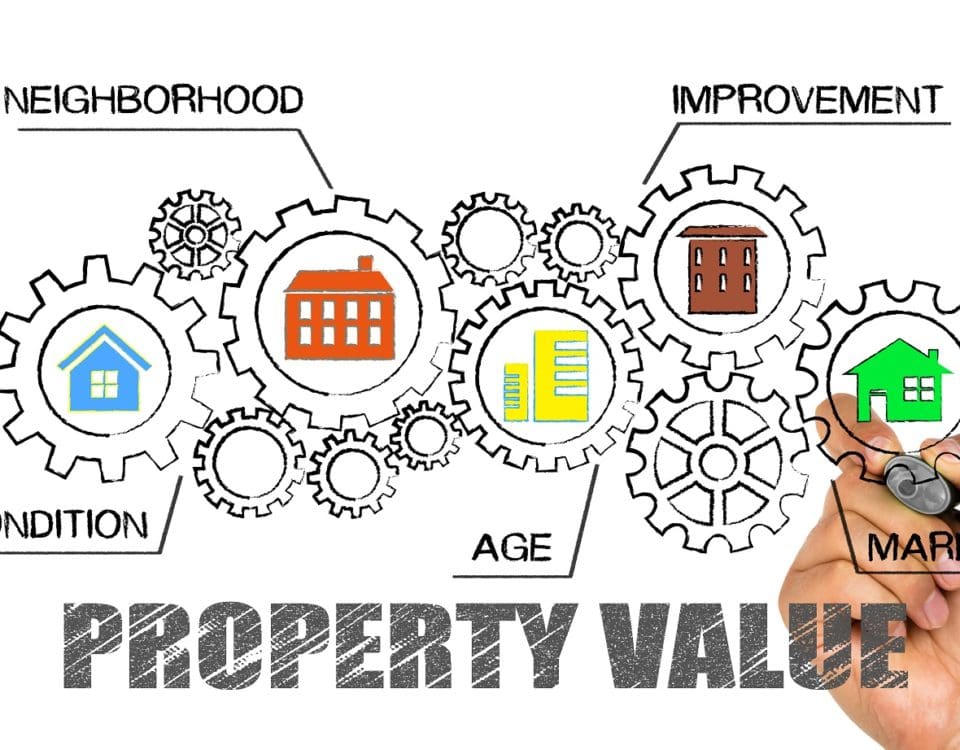
 Risk management is an important element of being a real estate agent.
Risk management is an important element of being a real estate agent.
If you are a new real estate agent you are a walking, talking liability. Even if you have years of experience under your belt you know how much liability is attached to the job. Not only does the job have a great deal of liability, but as real estate agents, we are an easy target.
When the transaction takes a turn or begins to go south, it’s easy for the wronged party to point the finger at the agent. You’ll hear that their agent didn’t tell them “a, b or c.” Or their agent told them “x, y or z.” Which may or may not be true.
When you first got your real estate license you probably had no idea how much liability was associated with being an agent.
Here’s what you need to understand to reduce your risk and liability.
It’s Not Personal
As agents, we need to understand our role and not take it personally when a client or another agent points the finger in our direction.
Instead, we need to do a better job of educating our clients and have systems in place so we are able to consistently deliver a high level of expertise and service.
Although this will not prevent clients from accusing us of misinformation or wrong-doing, it will establish how we run our businesses and show that we treat every client the same with the intent of providing a high level of service.
The First Meeting
What agents also need to understand is that our job of educating the client begins at the first meeting. Whether that meeting is a buyer consultation or a listing presentation, we need to do more than smile and be polite.
This is our opportunity to inform the prospective client what happens during the home buying and home selling process, what they can expect from us and what we expect from them. It’s not enough just to be “happy to be there.”
Manage Expectations
Without managing expectations from the very beginning, we run the risk of misunderstanding, uneducated decisions, and overall unhappiness on the part of the client.
Hence, when something goes wrong and the client is looking for someone to blame, they first turn to the real estate agent.
If you want to minimize your risk, limit your lawsuits and build a referral based business, it’s imperative for you to educate your clients and be a resource for them.
So what does this look like?
Educate Your Clients
Although your prospective client may have bought and sold numerous properties, they may or may not have worked with you or their transactions were long ago and standards of practice, laws and regulations have changed.
Your job is to educate all of your prospective buyer clients about:
- What’s in the contract
- Reviewing the comps to determine their offering price
- What can be negotiated in their offer
- How multiple offer situations are handled
- What happens at the home inspection
- What they can ask the seller to repair or replace
- The various contingencies and how they work
- Understanding how they can lose their Earnest Money Deposit
- How they can be in default
Talk to Your Sellers
Let your sellers know:
- What happens when they overprice the house
- Pricing is not an exact science
- You don’t know how long it will take for their house to sell
- The typical repairs requested in a home inspection
- What to look for in an offer
- What happens if the house doesn’t appraise
- Delays that can occur during the process
Present the Facts
As real estate agents we are asked on a regular basis, “How much should I offer for the house?”
It’s a question we can’t or shouldn’t answer.
What we can do is show the most recent comparables and help the buyer reach a decision. Many times the buyer’s decision is not based entirely on the comps. They will often factor in their “love” for the house, the location of the house or their motivation to move.
We can present to them negotiating strategies that have been successful in the past, but to nail down a firm price should be left up to them.

Disclose, Disclose, Disclose
When your seller asks if something needs to be disclosed, the answer will probably be “YES.”
When in doubt, disclose.
In order for a buyer to make an educated offer, they need to know what is happening with the house. Providing disclosures is the first step in that process.
Depending on your jurisdiction the seller may or may not be required to provide a disclosure statement, however most jurisdictions state that the seller must disclose material or latent defects.
No one likes surprises when it comes to their money and no one wants to buy a money pit. Help your seller understand the importance of the disclosure statement and review it with them after they have filled it out to ensure it is complete.
Be a Resource
As real estate agents we naturally want to be helpful.
Our thought process is, the more we help our clients, the more they will like us. The more they like us, the more referrals they will send our way.
But we need to be careful in the manner in which we give information. Remember, we are the middle men and women.
When your client asks you a question about a neighborhood being safe or what the schools are like or zoning, do not do the research for them. Direct them to the appropriate web site or send them a link to the information they need so they can read and interpret the information for themselves.
What’s safe to you may not be safe to them.
School districts and school performance can change every year. Let them do the research to determine if the schools meet their criteria.
As for questions about zoning, the permitting process or anything having to do with your local government, it is best to have them go directly to the source.
The last thing you want them to say is, “You told me…” That is one of the best ways to end up in a lawsuit.
Understand Your Role
As a new agent you don’t realize how much risk and liability is associated with being an agent.
We often times have to step back from our natural inclination to give, give, give.
Your clients need to understand your role is to navigate them through the home buying and home selling process. Give them the necessary information so they can make an educated decision to sell, purchase or move forward with a transaction.
Buyers and sellers ultimately make all of the decisions and agree or not agree to any negotiated items.
Our job as real estate agents is to present facts and information in a positive manner and help our clients make an informed decision.
Enjoy less stress by having smoother transactions by implementing these simple strategies today!
Sign up today for my Free Email Course, 5 Things Every New Real Estate Agent Needs to Know.
Start building your real estate business on a solid foundation. Click here to get started.
Get Real-Life Training and Awesome Results With Real-Life Real Estate Training
- Have you struggled turning contacts into clients?
- Are you working hard, but hardly making any money?
- Are you beginning to think you made a bad career choice?
If you answered “yes” to any of these questions you are in the right place!
Sign up for my FREE email course, 5 Things Every New Real Estate Agent Needs to Know to start building your real estate business on a solid foundation. Click here to get started!

To learn what it takes to be a successful real estate agent or to get your real estate business back on track, check out Candy’s new book,
“The Reality of Real Estate – The Essential Guide to Planning, Managing and Growing Your Real Estate Business.”
Candy, “The Real-Life Realtor”, coaches, mentors and trains new and experienced real estate agents to transform their business by mastering her proven systems for success.
In 2016, Inman News named Candy Miles-Crocker as one of the Top 25 Real Estate coaches in the United States.
She is a firm believer in managing expectations.
Her goal is to elevate the perception of real estate agents among the general public through education so every client has an amazing real estate experience.
Candy’s unique training methods have shown agents what it takes to be successful!
Learn more about her training program at www.RLRETraining.com or send her an email at Candy@RLRETraining.com.
If you haven’t done so already, please connect with us on Twitter on Facebook, and LinkedIn.
Let’s Go to Work!

As an active Realtor licensed in three jurisdictions, I approach real estate training from a different perspective. With over 18 years in the real estate business, I teach agents what it’s really like to be a real estate agent.










